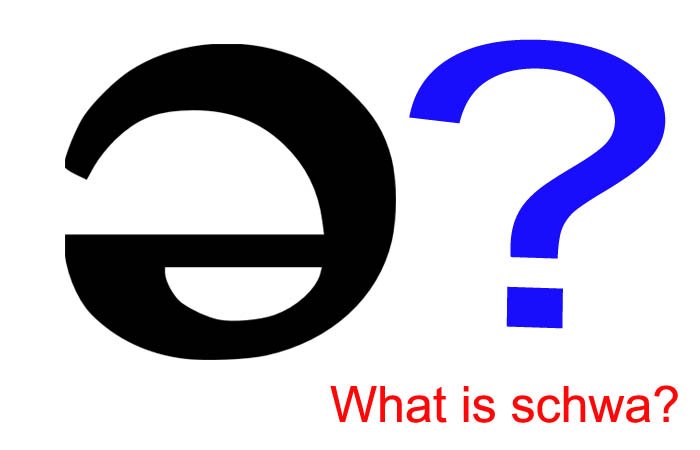[vc_row][vc_column][vc_column_text c_id=”.vc_1479224444507″]The schwa sound is a revelation that comes to learners of English as they progress to higher levels. Considered as a ‘native speaker feature’, it helps both pronunciation and understanding by changing the stress of words and sentence.
Often referred to as a reduced, weak or unstressed sound, the schwa doesn’t involve the lips or tongue, and is merely the noise emitted when we engage the vocal cords. However, it is an essential concept to grasp for any learner of English as a foreign language.
The Schwa and Stress
Being a stress-timed language, English relies on the schwa sound to avoid sounding robotic with overuse of stress, or sounding monotone through under use of stress. To achieve anything like native level speaking skills, the use of the schwa is essential.
When it comes to words being stressed or unstressed, generally speaking, words in English can be divided up into two groups:
Stressed: nouns, main verbs, adjectives and adverbs. These communicate the main message of the sentence and are therefore stressed.
Unstressed: auxiliary verbs, pronouns, articles, linkers and prepositions. These are often referred to as grammar words and are, in general, unstressed.
“We are Going to the Shops?”: Looking at the example sentence of “we are going to the shops”, the words marked in bold are the ones that would use the schwa sound, being an auxiliary verb, a preposition and an article respectively. The other words are the ones that are necessary to communicate the main message. Essentially, they could stand alone and the message would still get across: “we going shops”. Many elementary learners of English would use this exact structure, as would young children learning to speak their mother tongue. However, grammatically this is incorrect.
Pronunciation, Understanding and Production
As already stated, grasping the use of the schwa will not only work towards achieving more native-like speech skills, but will also improve understanding. In turn, having more advanced understanding skills will lead to more accurate production.
Before understanding the use of the schwa, learners of English often just don’t hear it in sentences, and therefore reproduce those sentences incorrectly, as in the example given above. Other examples could be:
- What are you talking about? – What you talking about?
- They are arriving tomorrow – They arriving tomorrow
- Come to my house – Come my house
- I like the black one – I like the black one
The top two examples omit the auxiliary verb, the third drops the preposition and the fourth misses out the article.
More to Explore
There is a lot more to explore about the schwa, such as it being used for clusters of letters and also for stressed and unstressed syllables, but as a first insight the general concept of its use with stress in a sentence is key. Another angle of the schwa to look at would be its use in different accents as some use stress in different ways.[/vc_column_text][/vc_column][/vc_row]








